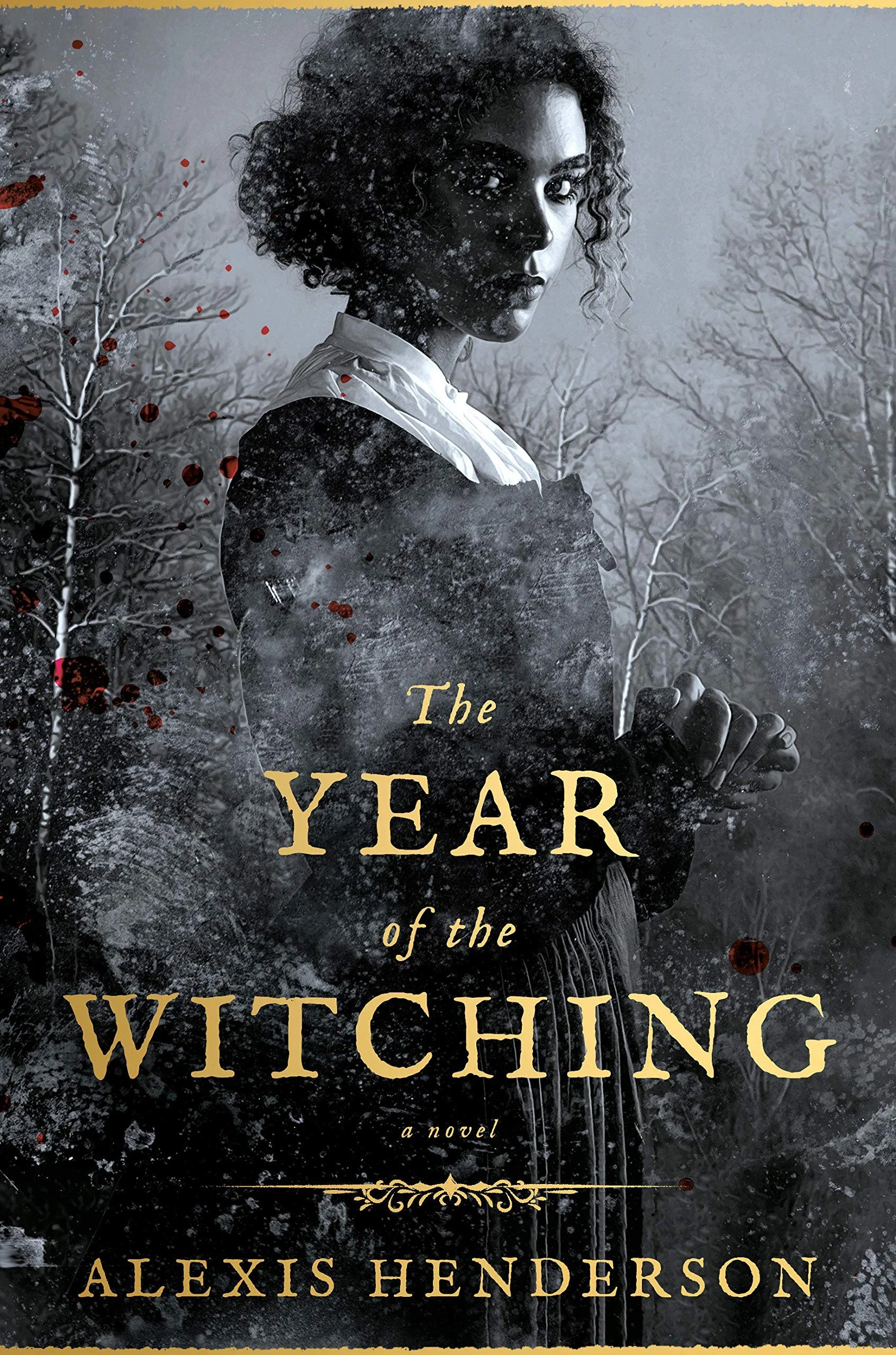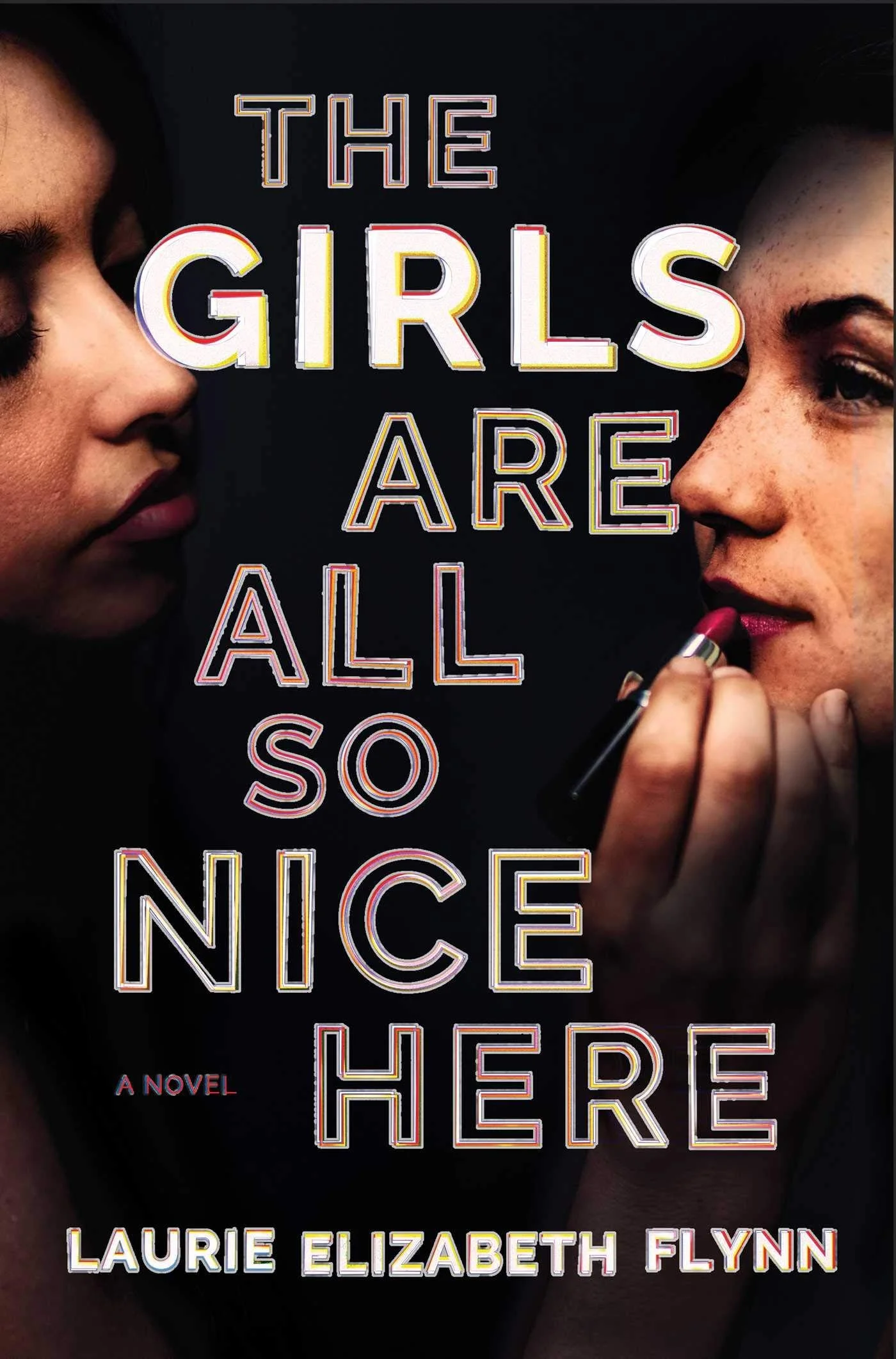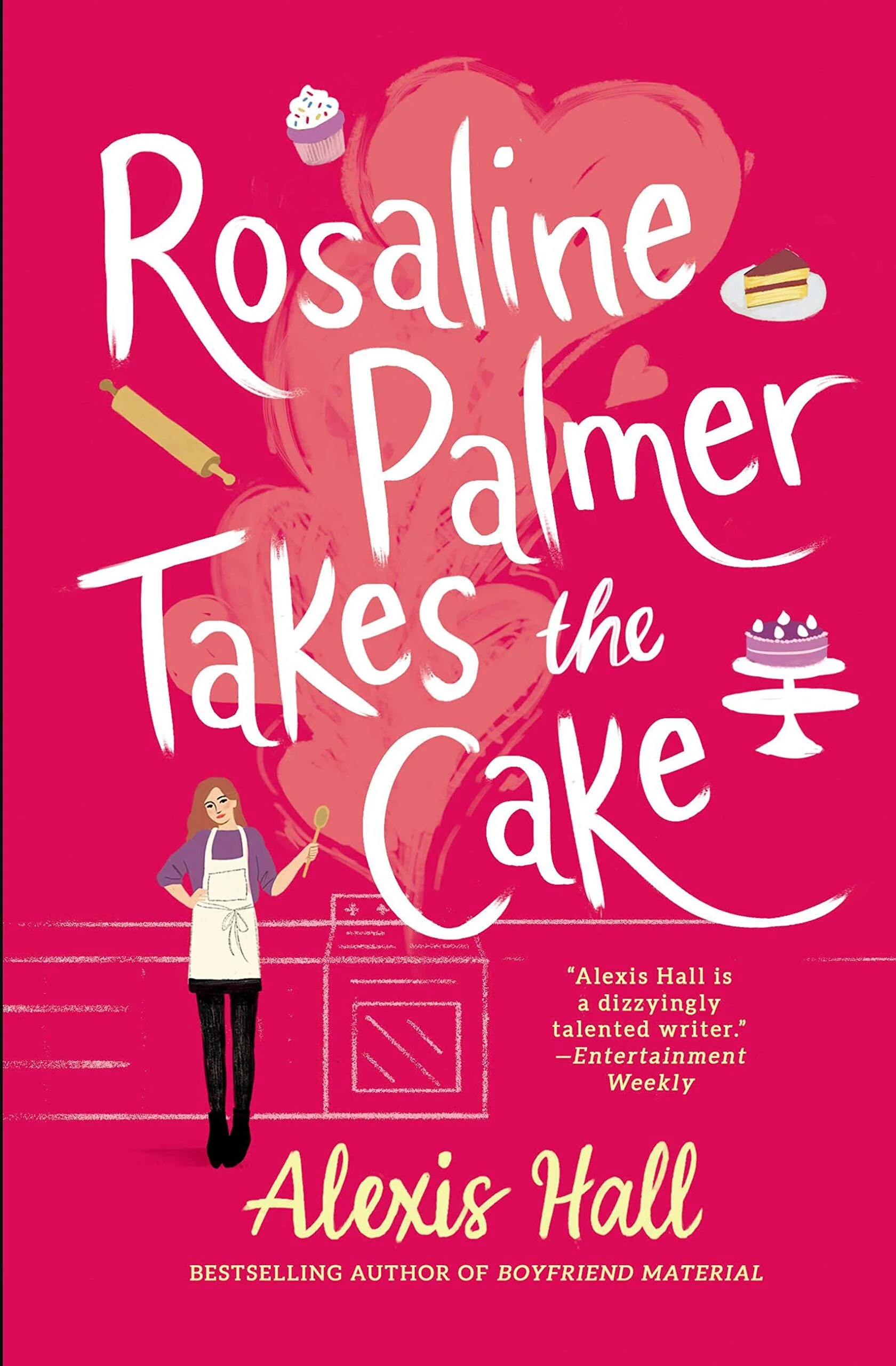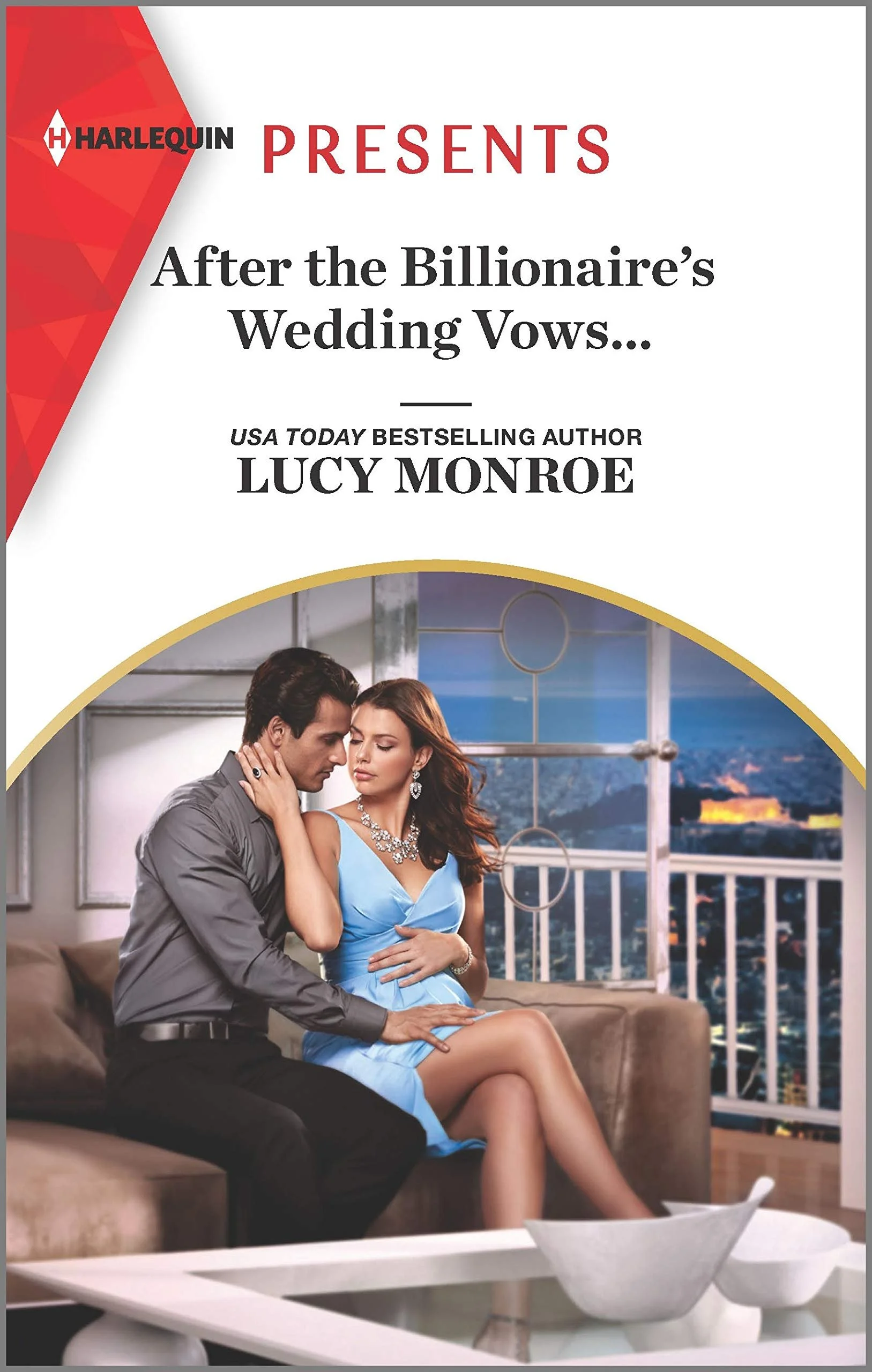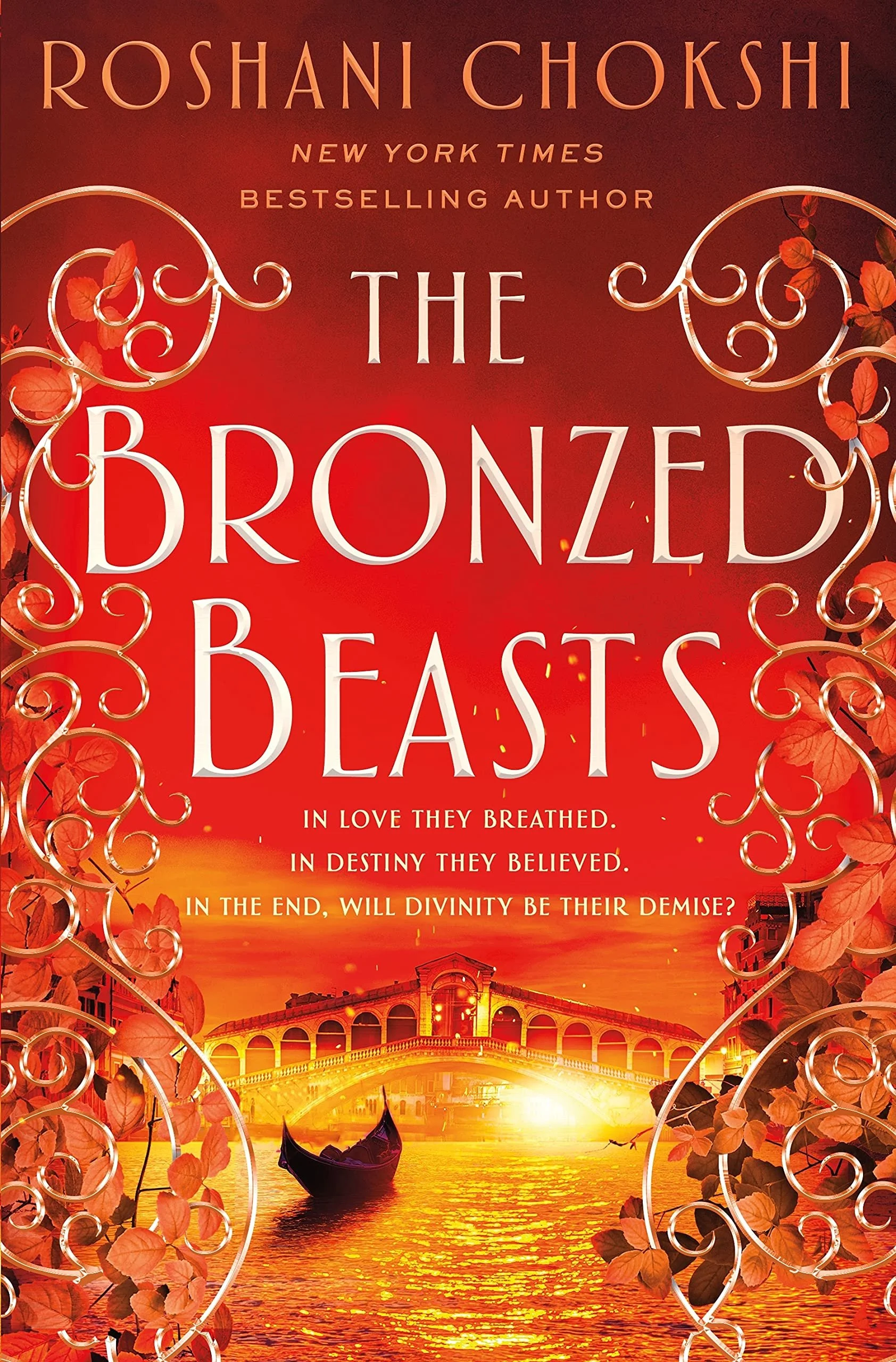Review: The Year of the Witching by Alexis Henderson
The Year of the Witching follows Immanuel, a girl who is half-Black being raised by her white grandparents in a racially segregated cult town that is very puritan early America inspired. Immanuel gets slowly pulled from her Godly life in the town towards the woods, and everyone knows that the woods only hold evil things, the most evil of them being the witches.
I was very mixed in my feelings on this book. But I will start with the positives.
I thought Henderson wrote the world very well. The vibe and language of the world reminded me a lot of when I was reading Washington Irving and Nathaniel Hawthorn and other early American writers, she really nails the spooky vibes and religious zealotry. I also sometimes think books that are talking about social issues don't construct their society in a way that makes the inequity tangible or they lean really hard into it and make the topic cartoonish, Henderson did an excellent job showing the reader all the cracks in the society, the ways women and Black people in the town were being failed tremendously.
Now on to some of the things I didn't love about this book. I really don't like overthrowing an evil government that does not have a structured resistance kind of stories. I am not that compelled by a lone actor staging a successful overhaul, not just because I think it seems unrealistic as a way to dismantle a power structure but mostly because I find it frustrating that only our main character cared enough about the oppressive regime to want to fight their own oppression. This kind of society should have networks of people actively resisting during the status quo parts of the books. I would have loved to hear about women being punished not only for made-up offenses but for trying to assert their own human rights or to have seen the people on the outskirts who express the want of recognition or rights. I don't even need a huge group of people, I just cannot believe that no other woman or Black person in this town would not also have been hatching some rebellion plot, especially during a transitional point in the town's power structure.
I was really disappointed in the storyline surrounding the witches. We did not get much witch time, which was disappointing for a book with witch in the title. I also just thought the story was building to a much different place. early in the book, it seems like Immanuel is building to a place where she accepts witchcraft over the faith she has been taught. She says that 'sin has saved her' on page 78 in reference to her ability to swim (something that is forbidden for women) keeping her alive. Henderson seems like we are building towards an epic clash of the two ideologies, a clash of patriarchy and feminine resistance. And then it turns out both are evil and the witches are all killed super quickly.
I didn't love the way the witches had firm swift punitive justice for their crimes but Immanuel tried to give the Prophet a very restorative justice approach. It felt like more compassion was being shown to the pedophile who embodied sexism and racism than to the group of witches who were the representation of rebellion against that system. I was just confused as to what Henderson was saying with this story. What did Immanuel learn or think about these ideas, what was the reader meant to learn? I have no idea.
I also thought Henderson was trying to have it both ways with the Prophet. Immanuel does not kill him, she wants him to face his crimes in another way, but then he is killed by a mob who do not totally know the extent of what he has done. He never really have to repent, he is overthrown and killed by a mob in a way I did not find satisfying to read about. This was another place I was just unsure what the point was?
I really think I would have liked this story a lot more if it had been longer. I wanted more from the romance, they went from tentative allies to willing to die for each other incredibly quickly. I love seeing the way trust builds over time, and I did not get that here. I wanted more from Judith's story, I really thought we were going in an interesting direction for Judith to confront her privilege and reckon with the ways women have no protection in this society but that was not what happened. I wanted more about the world outside of Bethel, I wanted more about why Ezra was sympathetic towards the cause, I wanted more about the power shift, I wanted more about the magic system. I was just left wanting more about almost every part of the book. And not in the good way. If this book had been longer with the same events or the same length but ended when they flee the town I would have liked this book more.
I liked this book enough to read the next one, but I do hope we get a lot more from book two.

